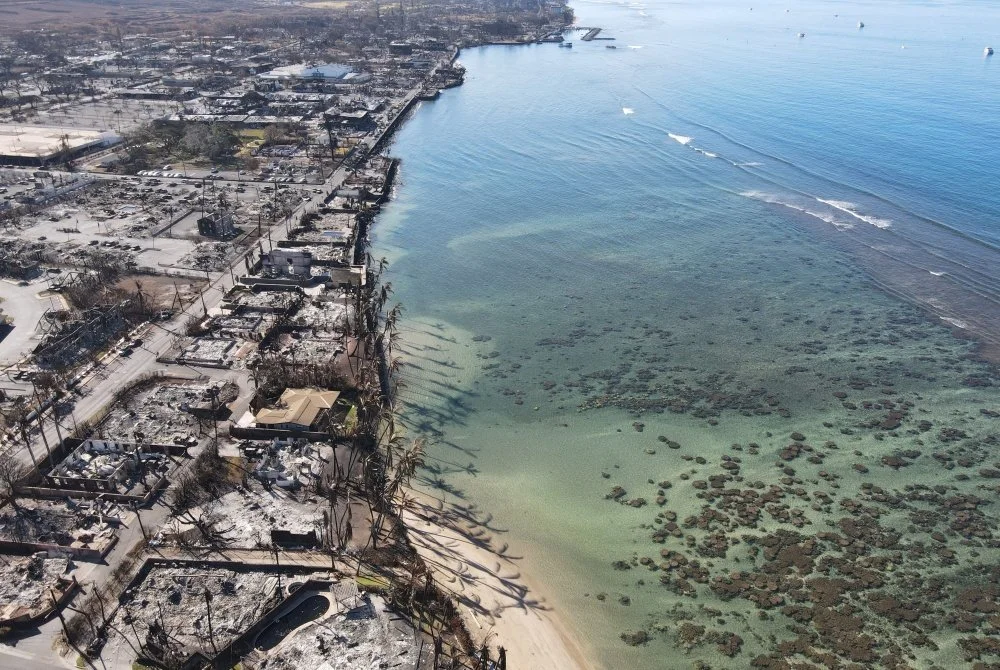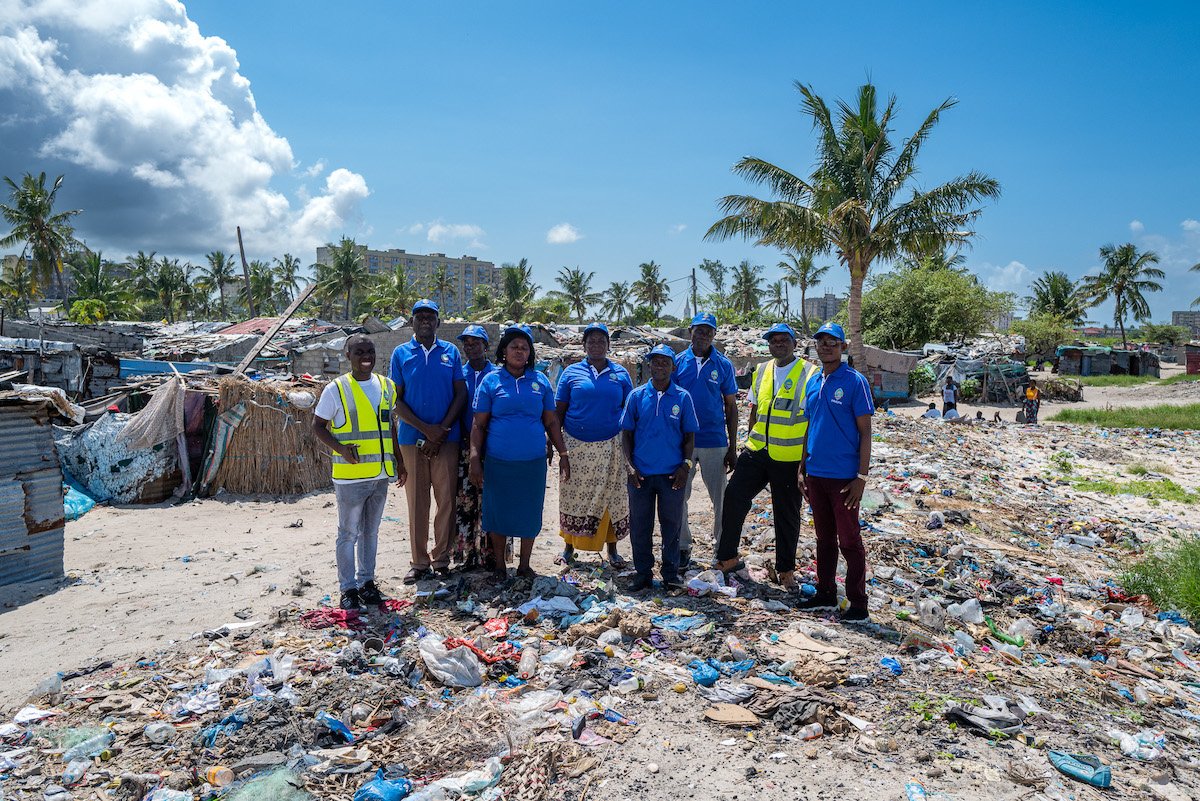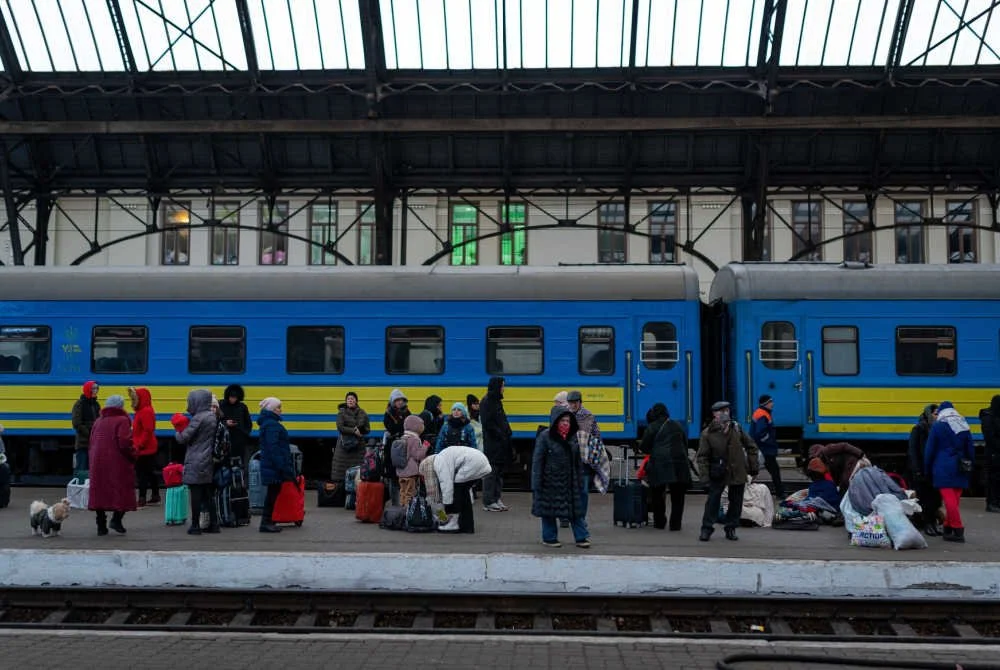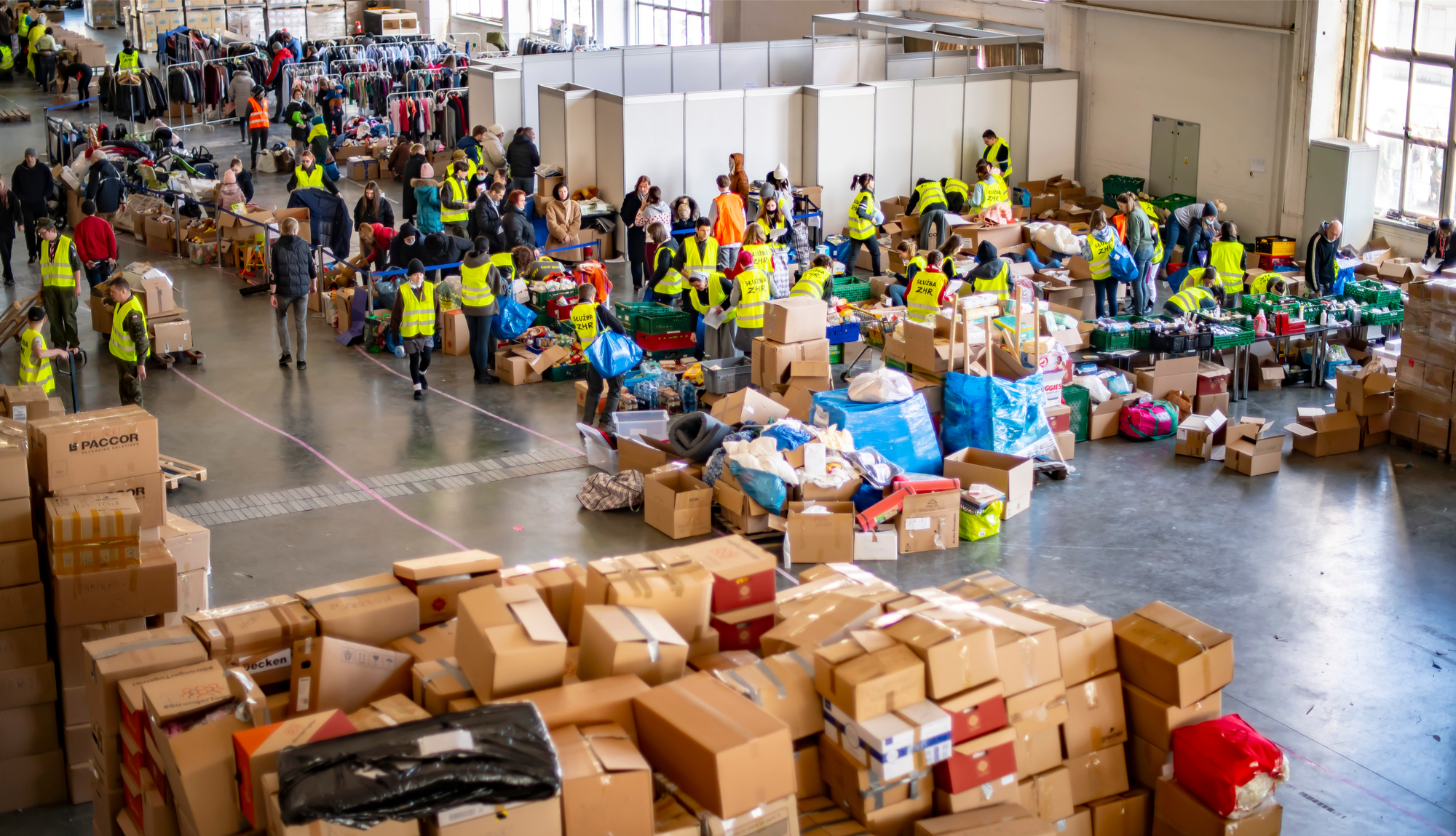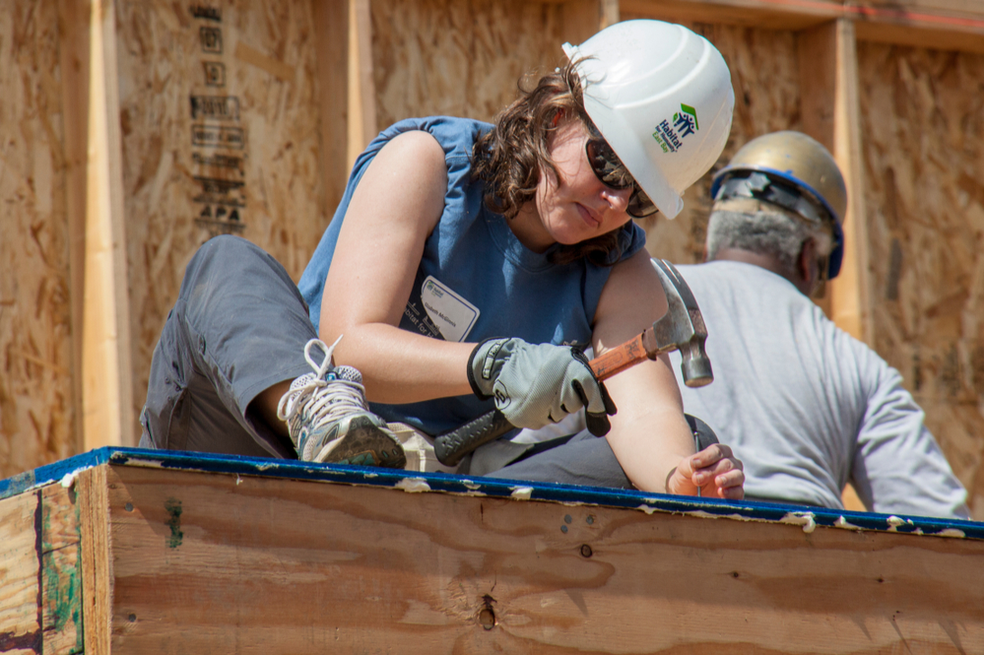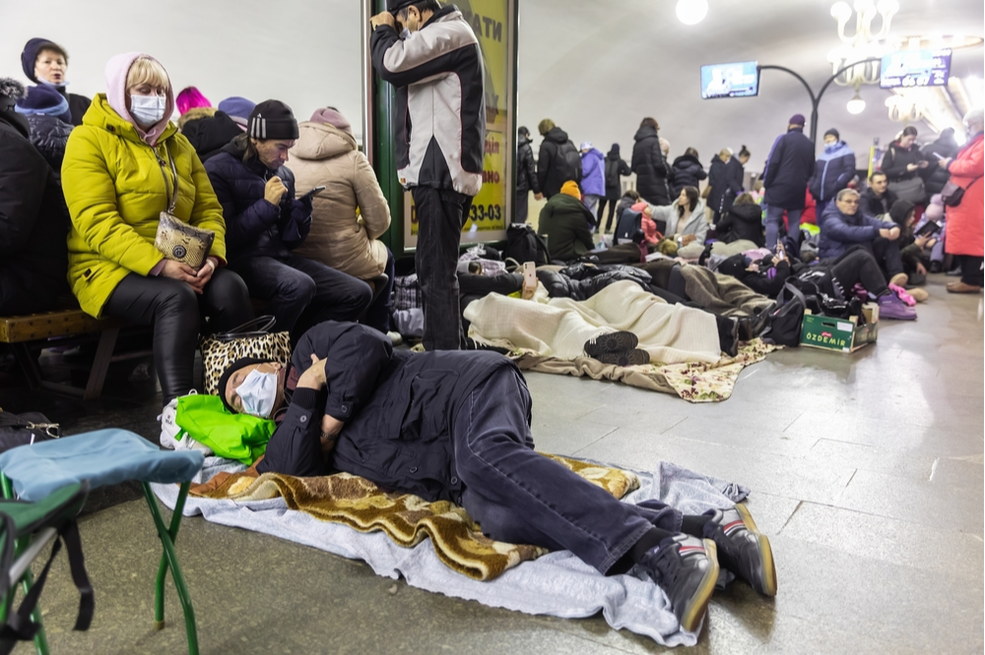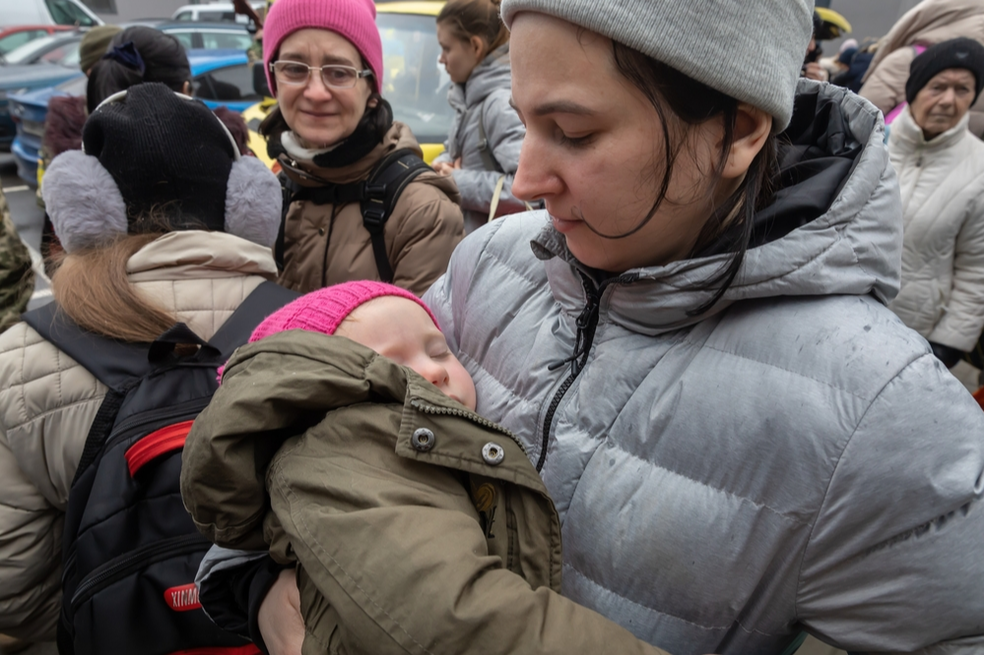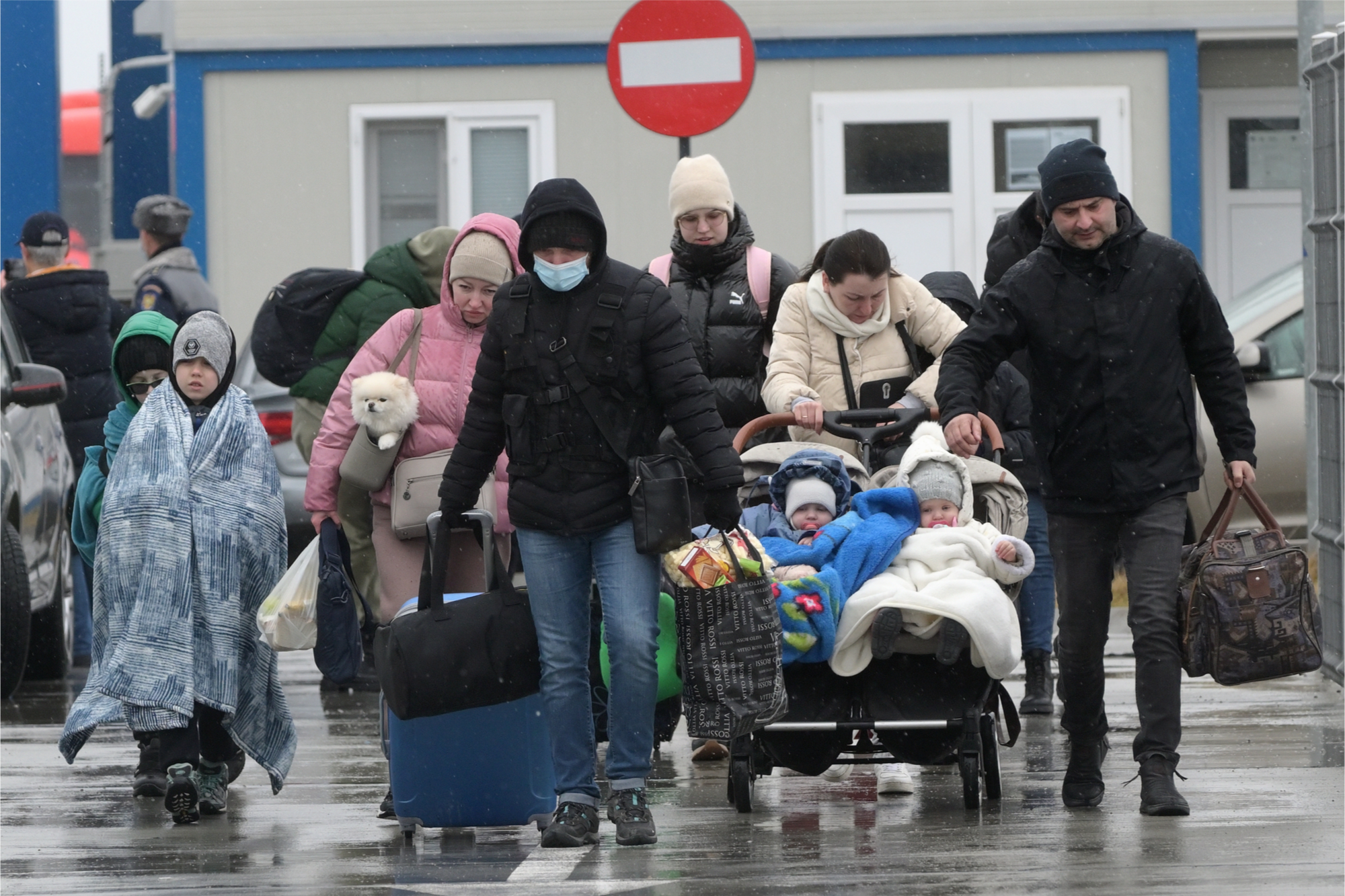How a Corporate Funder Helps Out When Hurricanes Hit
/It’s hurricane season, a tense time for people living along the Gulf and Atlantic coasts. Dorian is barreling up the coastline serving life-threatening storm surges and devastating gale force winds. The National Hurricane Center warns that it won’t be the last. On average, half of the dozen tropical storms that form between the beginning of June and the end of November become hurricanes. The Congressional Budget Office expects annual economic losses to run up to $54 billion for households, $9 billion for commercial businesses and $12 billion for the public sector.
By planning ahead, the Home Depot Foundation stands ready to help with both short-term relief efforts and long-term community rebuilding. It’s among a handful of corporate funders that have developed deep experience in responding to natural disasters.
A State of Preparedness
The company’s track record here goes back over two decades. When Hurricane Andrew hit in 1992, leveling parts of Southern Florida, Home Depot realized that its role during natural disasters went beyond supplying the materials to repair and rebuild. It found itself at the epicenter of relief groups, government agencies, residents and first responders.
Determined not to get caught short again, the company developed a complex plan to move critical equipment to stores that lay in the path of destruction, for events including hurricanes, blizzards and wildfires. Once agencies raise the alert, the company’s “Prox Teams” start working 24/7 to preposition materials and supplies, staging trucks outside of impact areas. Then, as soon as the storm has passed, it is moved in for delivery. Home Depot’s stores are typically the last to close in impacted areas, and the first to reopen. Very often, they serve as command central.
Adopting the Model
The best corporate foundation programs align with the corporation’s purpose and leverage its areas of expertise. This year, the Home Depot Foundation adopted the same disaster relief model as Home Depot, staging emergency supplies with a number of national nonprofits. Those groups received a total of $5 million in grants, consistent with the budget before the change in strategy.
To that, it adds human resources. Since 2018, Team Depot, its associate-led volunteer force, has engaged 1,500 employees in disaster relief preparedness and response efforts. The on-the-ground team works alongside response groups to provide short-term relief and stay on as communities rebuild.
Grant partners include the American Red Cross, always a center of gravity when disaster strikes, and Team Rubicon, which mobilizes veterans to respond to disasters and humanitarian crises. Rubicon thinks its disaster relief initiatives help both ways, particularly for vets transitioning to civilian life. Recruits experience a restored sense of the purpose, public service and leadership they gained during military service. Helping vets is a natural fit for Home Depot—35,000 of its associates are vets, representing nearly 10 percent of its workforce. It also aligns with the Home Depot Foundation, whose strategic focus on supporting veterans includes a program that adapts and repairs the homes of the wounded, promoting independence.
Other disaster relief partners include ToolBank Disaster Services, which bridges the gap between tools and ready volunteers, Convoy of Hope, a Missouri-based social agency that’s recognized for its scalable distribution model and first responders, and All Hands and Hearts, which engages volunteers in rebuilding efforts.
Sean Walker, who manages the foundation’s grant programs and strategic partnerships, says one of the main things it found from pre-positioning materials is a relief in pressure on impacted communities. Engaging in recovery is hard enough without facing supply shortages.
In Event of Emergency
In the event of emergency, Sean first opens the lines of communication with his NPO partners to learn who’s involved. After gathering reports on needs and activity, he coordinates efforts with three “Team Depot” field managers, who sit alongside him in Atlanta. Then, the foundation formulates its response and coordinates deployment. When tornadoes ripped through the Midwest last spring, the foundation executed a $250,000 response in cash and materials, less admin fees.
Ahead of this hurricane season, the foundation’s stocked the warehouses of its nonprofit partners with emergency supplies, including water, wet-dry vacs, generators, portable lighting and cleaning materials. That’s welcome news for people living in the path of destruction. After all, once Dorian has passed, Erin, Fernand and Gabrielle follow right behind.
Related:




